
It is no secret that around these parts, the fondness for Bakuchiol — the well-researched, clinically-proven and ultra effective retinol-alternative — has reached dizzying new heights! Hundreds of #BeautyWarriors have put our two bestsellers to the test. The Ultimate Bakuchiol Booster Oil and Cocolicious Luscious Lip Mask with Bakuchiol have garnered hundreds of glowing testimonials that rave about clearer skin, brighter complexions, and reduced signs of ageing, all thanks to the properties of this active ingredient.
Amidst all the buzz, we have also gotten questions about the different products of psoralea corylifolia, otherwise known as the Babchi plant, from which Bakuchiol is synthesised. One derivative in particular, Babchi oil, has been creating ripples around the interwebs as it claims to be the original, organic extract used in Ayurvedic medicine.
So, what are their differences and can they be used interchangeably? We’ll shed some light on your queries below!
First up, what am I getting when I purchase Bakuchiol products from Handmade Heroes?
Our guarantee is that all our Bakuchiol products are formulated using the industry gold-standard “Sytenol A” Bakuchiol (with >99% purity — the purest quality on the market) that can only be sourced from the main and most reputable manufacturer of Bakuchiol.
Does that mean other Bakuchiol products on shelves may contain Babchi oil instead of Bakuchiol?
By law, skincare companies are only allowed to list ‘Bakuchiol’ as one of the ingredients in a product if they use certifiably pure, concentrated Bakuchiol. If an extract or carrier oil made from the seeds of the Babchi plant is used, the ingredient would be listed as ‘psoralea corylifolia seed extract’ or ‘psoralea corylifolia seed oil’, AKA ‘Bakuchi oil’ or ‘Babchi oil’. Always read the ingredient list, guys!

Well, why should I care, since Babchi oil and Bakuchiol come from the same source? Are they really that different?
Despite having the same botanical origins, we believe that Bakuchiol is superior thanks to its clinically researched efficacy and scientifically regulated method of production — monomolecular extraction — where a single molecule of Bakuchiol is extracted to garner a pure, concentrated ingredient. This unique process ensures that the active ingredient is safe for cosmetic purposes and reduces unwanted compounds to negligible trace amounts.
Babchi or Bakuchi oil, on the other hand, is obtained through cold-pressed, expeller-pressed, or solvent extraction techniques. This does retain Bakuchiol compounds but due to a lack of standardisation and controlled purification, the resulting extract is of extremely low purity and could contain dangerous, irritating residual compounds like hexane or psoralens, that are highly phototoxic for the skin.

How much Bakuchiol can I safely use?
When formulating products, most active ingredients can only be incorporated in small percentages to ensure safe topical application. Our Ultimate Bakuchiol Booster Oil<hyperlink product URL> contains 2% Bakuchiol and should be used twice daily for optimum results. Do, however, perform a patch test before introducing new products to your skin care regimen and consult a doctor for suitability of use if any doubt arises.
I have so many more questions about Bakuchiol! Help?
Leave no #BeautyWarrior behind, we say! We’ve put together an article answering your FAQs here. You can get a breakdown on three major skin care concerns Bakuchiol solves over here or simply click here for the lowdown on “Bakuchiol vs Retinol”!
Enjoy that reading list! And when you’re done, purchase a bottle (or two) of your own to give your skin the glow-up it’s always wanted. You’re welcome!
Words by Alyssa Lee

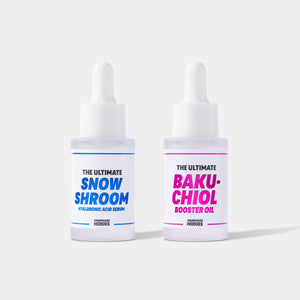
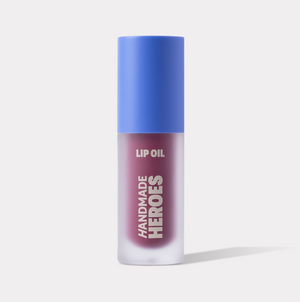
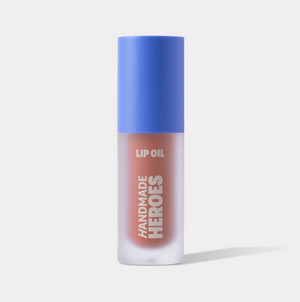
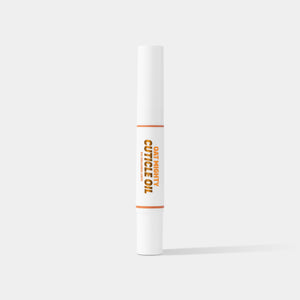
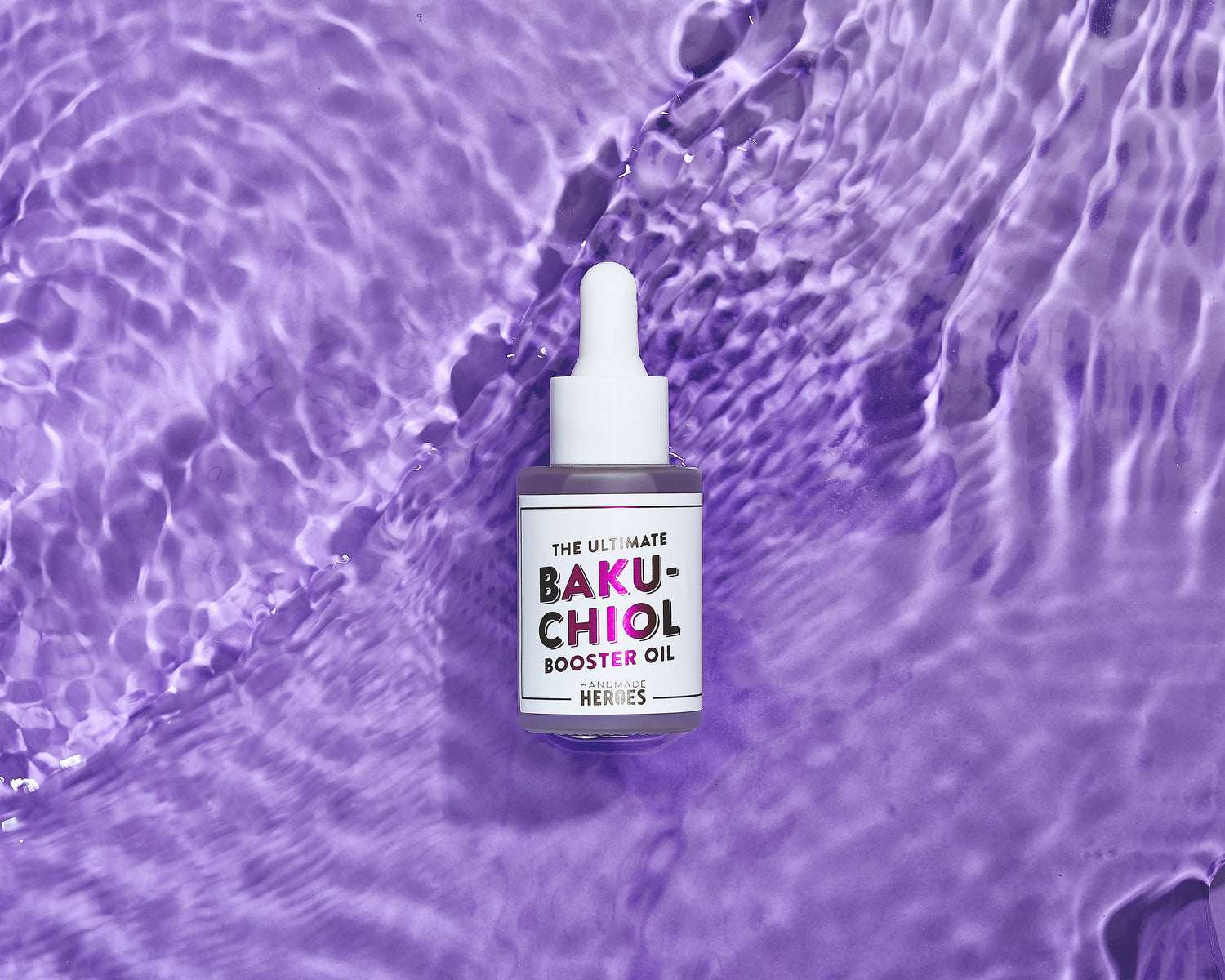
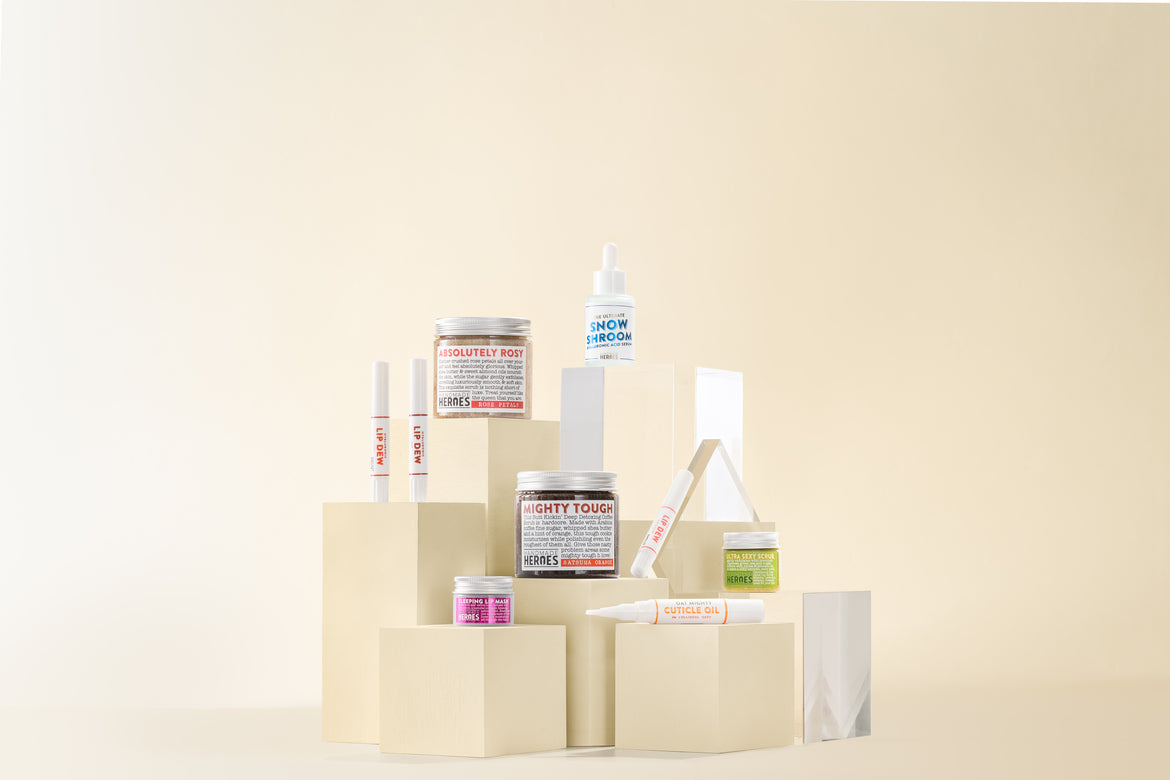
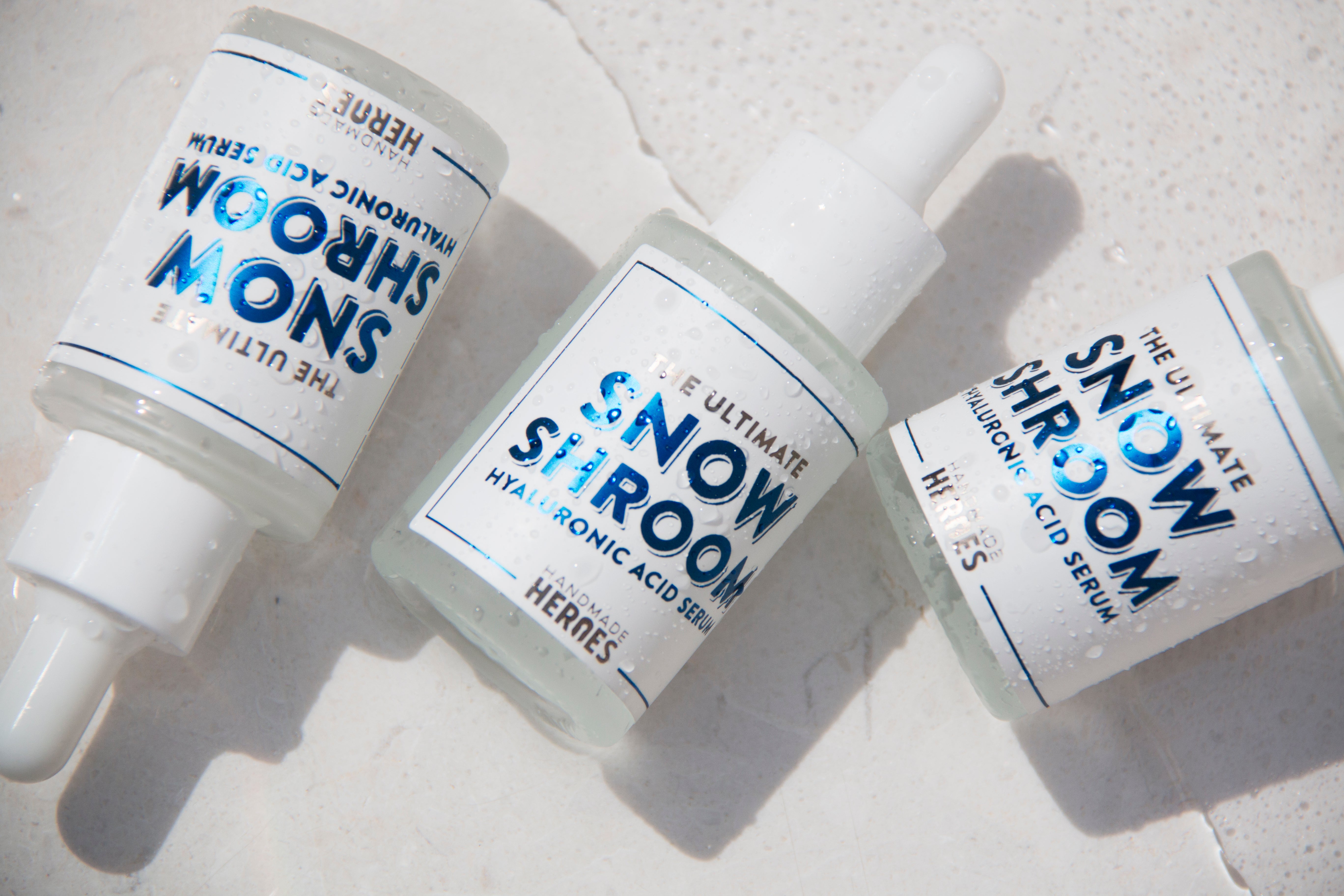
Leave a comment
All comments are moderated before being published.
This site is protected by hCaptcha and the hCaptcha Privacy Policy and Terms of Service apply.